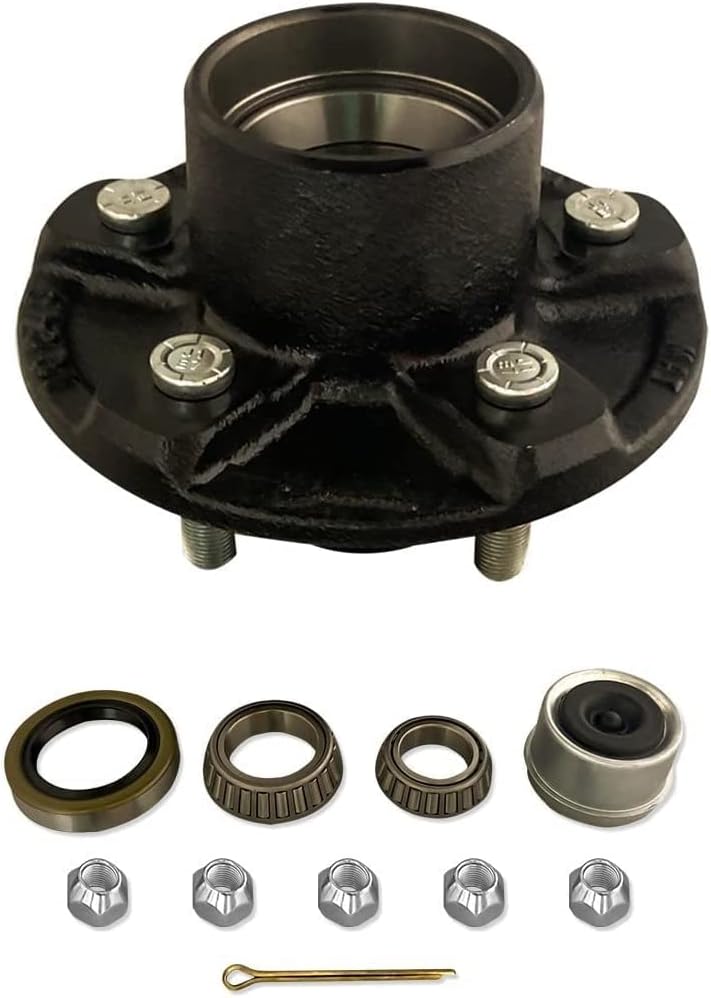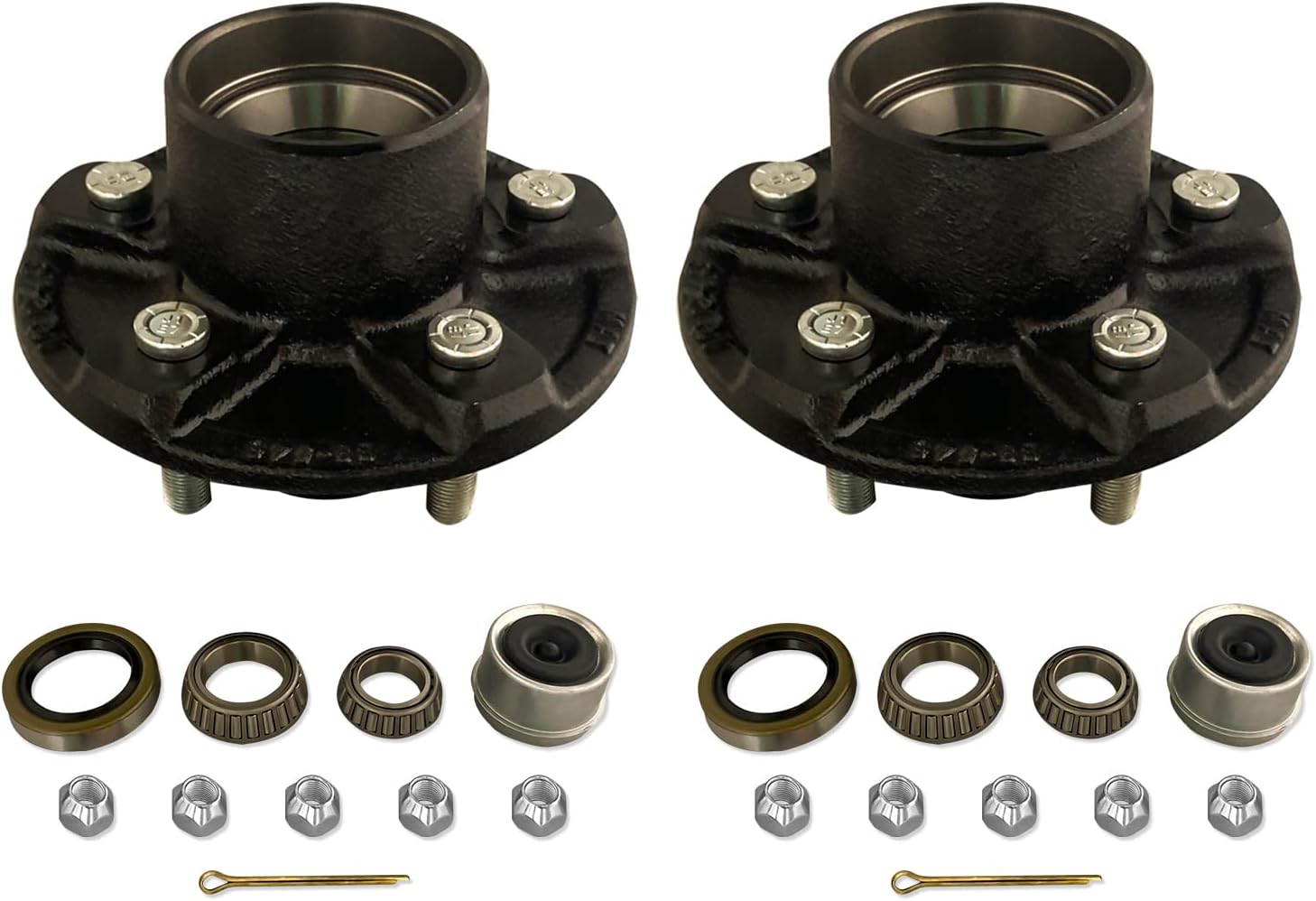Product Description
HUB, REAR AXLE
43811-10481-71 For TOYOTA 3/4/5/6/7/8FD/G10/18 7FB15/18
3EB-24-21210 For KOMATSU FGD20/30-11/12
3EB-24-41230 For KOMATSU FD30-15/16/17
3EB-24-51230 For KOMATSU FD20~25-16
91443-30700 For MITSUBISHI FD20/25-F18B
45714-14H00 For NISSAN J02
45714-FK400 For NISSAN L02
4300-33000 For NICHIYU FBA10/15/18-65S/70/72S FBT15.18-75
214A4-32041 For TCM FD20/30Z3/Z5 FD20/30T6/C6/T3/C3
257148 For HYSTER H2.0-3.0TX B466ER
2571797 For HYSTER J1.50-1.75EX/HEX(B225) H1.5-1.8TX,H2.0TXS(B475)
/* March 10, 2571 17:59:20 */!function(){function s(e,r){var a,o={};try{e&&e.split(“,”).forEach(function(e,t){e&&(a=e.match(/(.*?):(.*)$/))&&1
| Material: | Stainless Steel |
|---|---|
| Surface Treatment: | Oxygenation |
| Customized: | Non-Customized |
| Standard: | Standard |
| Transport Package: | Carton |
| Trademark: | Bluesky |
| Samples: |
US$ 50/Piece
1 Piece(Min.Order) | |
|---|
| Customization: |
Available
| Customized Request |
|---|

What are the common symptoms of a failing axle hub, and how can they be identified?
Identifying the common symptoms of a failing axle hub is crucial for timely diagnosis and repair. Here’s a detailed explanation of the common symptoms and how they can be identified:
1. Wheel Vibrations:
One of the common symptoms of a failing axle hub is noticeable wheel vibrations. As the hub becomes worn or damaged, it may cause the wheel to wobble or shake while driving. These vibrations can be felt through the steering wheel, floorboard, or seat. To identify this symptom, pay attention to any unusual vibrations that occur, especially at higher speeds.
2. Grinding or Growling Noises:
A failing axle hub can produce grinding or growling noises. This can be an indication of worn-out or damaged wheel bearings within the hub. The noise may vary in intensity, and it is often more pronounced during turns or when the vehicle is in motion. To identify this symptom, listen for any unusual grinding or growling sounds coming from the wheels while driving.
3. Wheel Play or Looseness:
A failing axle hub can result in wheel play or looseness. When the hub is damaged or worn, it may not provide a secure mounting point for the wheel. As a result, the wheel may have excessive play or feel loose when you attempt to wiggle it by hand. To identify this symptom, jack up the vehicle and try to move the wheel in different directions to check for any abnormal movement.
4. Uneven Tire Wear:
A failing axle hub can contribute to uneven tire wear. If the hub is damaged, it can affect the alignment and cause the tire to wear unevenly. Look for signs of abnormal tire wear, such as excessive wear on one side of the tire or feathering patterns. Uneven tire wear may also be accompanied by other symptoms, such as vibrations or pulling to one side while driving.
5. ABS Warning Light:
In some cases, a failing axle hub can trigger the ABS (Anti-lock Braking System) warning light on the vehicle’s dashboard. This can occur if there is a problem with the wheel speed sensor, which is often integrated into the hub assembly. The ABS warning light indicates a fault in the braking system and should be diagnosed using a diagnostic tool by a qualified technician.
6. Visual Inspection:
A visual inspection can also help identify signs of a failing axle hub. Look for any visible damage or wear on the hub, such as cracks, corrosion, or bent flanges. Additionally, check for any leaking grease around the hub or signs of excessive heat, which can indicate bearing failure.
7. Professional Diagnosis:
If you suspect a failing axle hub but are unsure, it is recommended to have the vehicle inspected by a qualified mechanic. They can perform a comprehensive examination of the wheel assembly, including the hub, bearings, and associated components. They may use specialized tools and equipment to measure wheel play, check for bearing wear, and assess the overall condition of the hub.
In summary, common symptoms of a failing axle hub include wheel vibrations, grinding or growling noises, wheel play or looseness, uneven tire wear, ABS warning light activation, and visible damage. It is essential to pay attention to these symptoms and seek professional diagnosis and repair to prevent further damage and ensure the safe operation of the vehicle.

Are there aftermarket axle hubs available with enhanced durability or performance features?
Yes, there are aftermarket axle hubs available with enhanced durability or performance features. Aftermarket parts are components that are produced by manufacturers other than the original equipment manufacturer (OEM) of the vehicle. These aftermarket axle hubs are designed to provide improved durability, performance, or other specialized features compared to the stock OEM axle hubs. Here’s a detailed explanation:
- Durability enhancements: Aftermarket axle hubs may incorporate design improvements or use materials that enhance their durability and longevity. These enhancements can include reinforced bearing housings, stronger wheel studs, improved seals and gaskets, or upgraded materials that better withstand heavy loads, extreme temperatures, or harsh driving conditions. The goal is to provide a more robust and long-lasting axle hub solution.
- Performance features: Some aftermarket axle hubs are designed to offer enhanced performance characteristics. These performance features can include better heat dissipation properties, reduced rotational friction, or improved weight distribution. Performance-oriented axle hubs may also be engineered to provide more precise wheel alignment, improved handling, or reduced unsprung weight, which can contribute to overall vehicle performance.
- Specialized applications: In addition to durability and performance enhancements, aftermarket axle hubs may be available for specialized applications. For example, there are aftermarket axle hubs designed specifically for off-road vehicles, heavy-duty towing, or high-performance sports cars. These specialized axle hubs may have features such as increased load-bearing capacity, improved water and debris resistance, or compatibility with upgraded braking systems.
- Brands and manufacturers: The aftermarket industry offers a wide range of options from various brands and manufacturers. Some aftermarket companies specialize in producing high-quality replacement parts, including axle hubs, that are designed to meet or exceed OEM standards. These aftermarket brands may have a reputation for providing durable and high-performance products, and they often offer warranties to back up their claims.
- Research and compatibility: When considering aftermarket axle hubs with enhanced durability or performance features, it is essential to conduct thorough research. Look for reputable aftermarket brands known for their quality and reliability. Additionally, ensure compatibility with your specific vehicle make, model, and year. Most aftermarket manufacturers provide compatibility information or have online resources to help you select the correct axle hub for your vehicle.
It’s worth noting that while aftermarket axle hubs can offer enhanced durability or performance features, not all aftermarket parts are created equal. The quality and performance of aftermarket axle hubs can vary depending on the manufacturer and brand. It’s advisable to choose reputable aftermarket brands that have a track record of producing reliable and high-quality components. Consulting with automotive professionals or enthusiasts and reading customer reviews can also provide valuable insights when selecting aftermarket axle hubs.
In summary, aftermarket axle hubs with enhanced durability or performance features are available. These aftermarket options may incorporate design improvements, specialized materials, or performance-oriented features to offer increased durability, improved performance, or compatibility with specialized applications. Conducting thorough research and selecting reputable aftermarket brands can help ensure the quality and compatibility of the aftermarket axle hubs for your vehicle.

What are the torque specifications for securing an axle hub to the vehicle?
The torque specifications for securing an axle hub to the vehicle may vary depending on the specific make, model, and year of the vehicle. It is crucial to consult the manufacturer’s service manual or appropriate technical resources for the accurate torque specifications for your particular vehicle. Here’s a detailed explanation:
- Manufacturer’s Service Manual: The manufacturer’s service manual is the most reliable and authoritative source for torque specifications. It provides detailed information specific to your vehicle, including the recommended torque values for various components, such as the axle hub. The service manual may specify different torque values for different vehicle models or configurations. You can usually obtain the manufacturer’s service manual from the vehicle manufacturer’s official website or through authorized dealerships.
- Technical Resources: In addition to the manufacturer’s service manual, there are other technical resources available that provide torque specifications. These resources may include specialized automotive repair guides, online databases, or torque specification charts. Reputable automotive websites, professional repair manuals, or automotive forums dedicated to your vehicle’s make or model can be valuable sources for finding accurate torque specifications.
- Online Databases: Some websites offer online databases or torque specification tools that allow you to search for specific torque values based on your vehicle’s make, model, and year. These databases compile torque specifications from various sources and provide a convenient way to access the required information. However, it’s important to verify the accuracy and reliability of the source before relying on the provided torque values.
- Manufacturer Recommendations: In certain cases, the manufacturer may provide torque specifications on the packaging or documentation that accompanies the replacement axle hub. If you are using an OEM (Original Equipment Manufacturer) or aftermarket axle hub, it is advisable to check any provided documentation for torque recommendations specific to that particular product.
Regardless of the source you use to obtain torque specifications, it is essential to follow the recommended values precisely. Torque specifications are specified to ensure proper tightening and secure attachment of the axle hub to the vehicle. Over-tightening or under-tightening can lead to issues such as damage to components, improper seating, or premature wear. It is recommended to use a reliable torque wrench to achieve the specified torque values accurately.
In summary, the torque specifications for securing an axle hub to the vehicle depend on the specific make, model, and year of the vehicle. The manufacturer’s service manual, technical resources, online databases, and manufacturer recommendations are valuable sources to obtain accurate torque specifications. It is crucial to follow the recommended torque values precisely to ensure proper installation and avoid potential issues.


editor by CX 2024-02-24